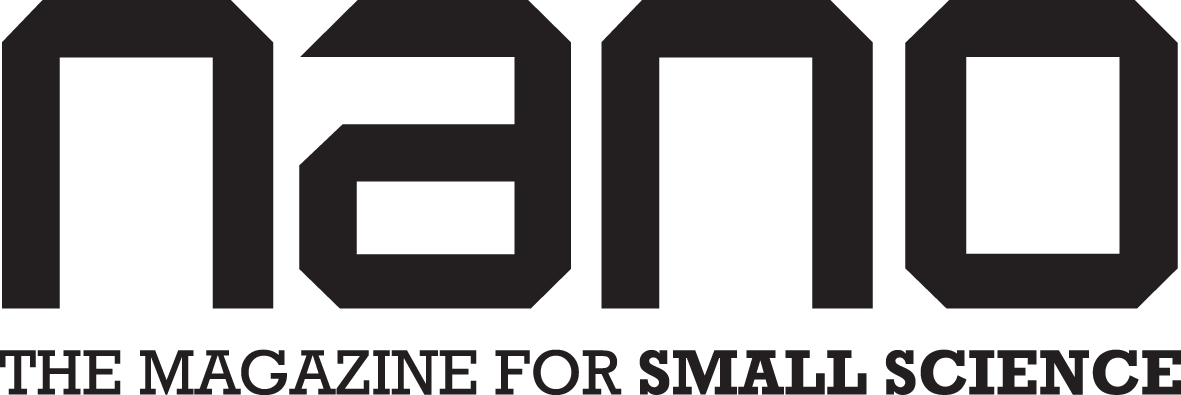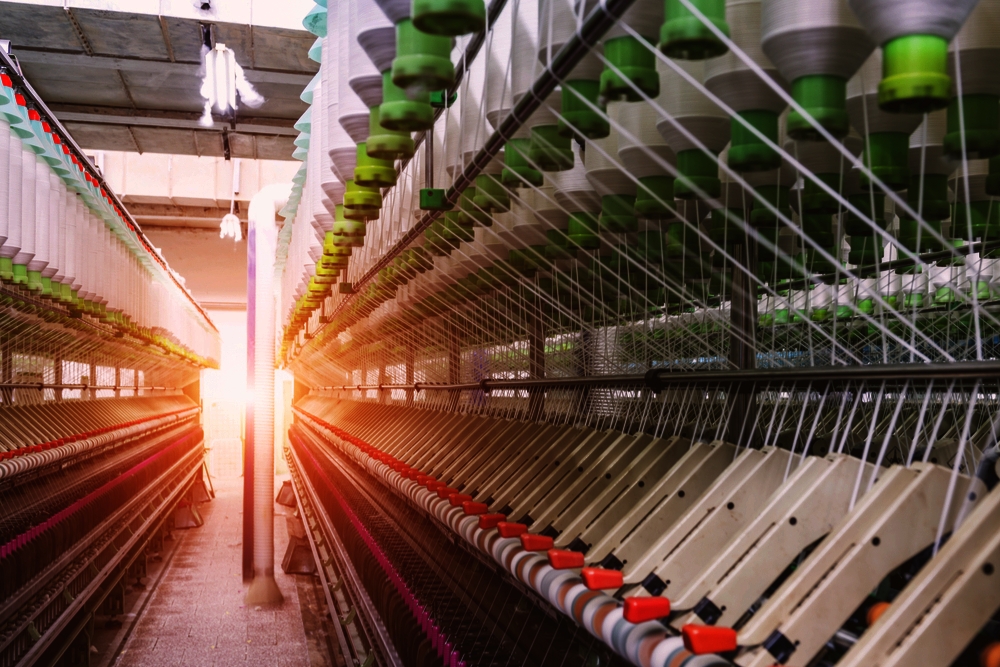The Future of Nanotechnology: Balancing Potential Benefits and Risks

Over the past few decades, nanotechnology has emerged as a game-changing field that has the potential to transform almost every aspect of our lives. From healthcare to electronics, nanotechnology has opened up a whole new world of possibilities. In recent years, nanotechnology has made significant advances, which have resulted in its increased adoption across various industry sectors.
Nanotechnology is the manipulation of matter on an atomic, molecular, and supramolecular scale, typically in the range of 1 to 100 nanometers. At this scale, the physical, chemical, and biological properties of materials change significantly, leading to unique properties and applications. Nanotechnology has already demonstrated significant impacts in various industries, including healthcare, energy, electronics, and materials science.
In the healthcare industry, nanotechnology has the potential to revolutionize the diagnosis and treatment of diseases. One of the most significant applications of nanotechnology in healthcare is the development of targeted drug delivery systems. These systems use nanoparticles to deliver drugs directly to the site of the disease, reducing the risk of side effects and increasing the effectiveness of the treatment. Nanoparticles can also be used to develop biosensors for the detection of diseases, allowing for earlier diagnosis and treatment. Furthermore, nanotechnology is also being used in regenerative medicine to create new tissues and organs using nanoscale scaffolds.
In the energy industry, nanotechnology is being used to develop more efficient and sustainable energy sources. For example, the use of nanotechnology in solar energy has led to the development of more efficient solar cells that can capture more energy from sunlight. Additionally, nanotechnology is being used to develop new energy storage technologies, such as lithium-ion batteries, which are more efficient and have a longer lifespan. Nanotechnology is also being used in the development of new materials for energy production, such as fuel cells and hydrogen storage materials.
In the electronics industry, nanotechnology is being used to develop faster, smaller, and more efficient devices. For example, the use of nanotechnology in semiconductor manufacturing has led to the development of smaller and more powerful computer chips. Nanotechnology is also being used in the development of flexible displays and electronic paper, which have the potential to replace traditional paper and electronic displays. Furthermore, the use of nanotechnology in the development of sensors and actuators has led to the creation of new sensing and control technologies that can be used in a variety of applications, from consumer electronics to medical devices.
In the materials science industry, nanotechnology is being used to develop new materials with unique properties and applications. For example, the use of nanotechnology in the development of composites has led to the creation of stronger and lighter materials, which are being used in a variety of applications, from aerospace to automotive industries. Nanotechnology is also being used to develop self-healing materials, which can repair themselves when damaged, and smart materials, which can change their properties in response to external stimuli.
The impact of nanotechnology on various industry sectors is undeniable, and its potential for further growth and development is immense. The unique properties of nanoscale materials and devices have led to the creation of new products and services that were previously unimaginable. Nanotechnology is shaping the next industrial revolution, which is characterized by the integration of advanced technologies, such as artificial intelligence, robotics, and the Internet of Things, into existing systems and processes.
The next industrial revolution will be driven by the need for increased efficiency, productivity, and sustainability, which can be achieved through the use of nanotechnology. For example, the use of nanotechnology in manufacturing can lead to the creation of more efficient and sustainable production processes that reduce waste and increase productivity. Furthermore, the use of nanotechnology in agriculture can lead to the development of new technologies that improve crop yields, reduce waste, and increase sustainability.
In conclusion, nanotechnology is making significant impacts on various industries, and its potential for further growth and development is immense. Its unique properties and applications have the potential to transform the way we live, work, and interact with the world around us. As such, nanotechnology is shaping the next industrial revolution, which will have far-reaching consequences for society as a whole.





